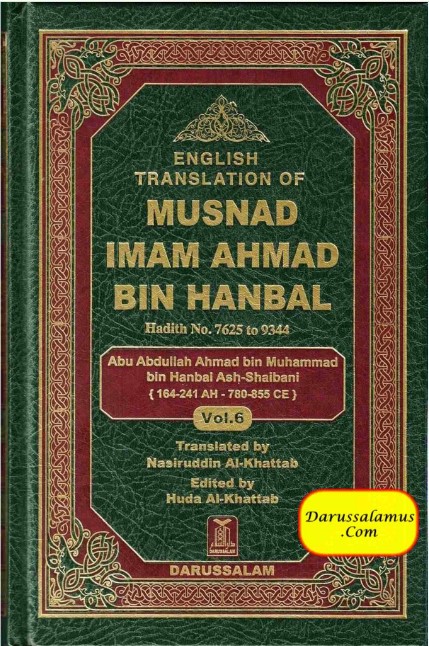What are the Key Features of the CBSE Curriculum?
When choosing the right educational board for your child, understanding the curriculum is essential. The Central Board of Secondary Education (CBSE) is one of the most trusted and widely followed education boards in India. Known for its balanced approach, academic rigor, and national relevance, the CBSE curriculum is designed to prepare students for both academic success and life beyond school. In this blog, we’ll break down the key features of the CBSE curriculum, how it benefits students, and why schools across India—including top institutions like Sri Sri Academy in Siliguri—follow this framework.
1. National Consistency and Recognition
CBSE is a national-level board that ensures uniformity in education across its affiliated schools. Whether your child studies in Delhi, Mumbai, or a CBSE school in Siliguri, the curriculum remains consistent. This is especially helpful for families who move frequently due to transferable jobs.
Benefits:
- Smooth transition between schools
- Syllabus alignment across states
- Widely accepted for entrance exams and university admissions
2. Focus on Core Subjects
CBSE places a strong emphasis on core academic subjects like:
- Mathematics
- Science (Physics, Chemistry, Biology)
- English
- Social Studies
- Second language (such as Hindi or regional languages)
These subjects are structured to build conceptual understanding and problem-solving skills from a young age.
3. Concept-Based Learning
One of the most appreciated aspects of the CBSE curriculum is its focus on understanding rather than memorization. It encourages students to:
- Think critically
- Apply concepts to real-life situations
- Solve problems logically
This approach helps students retain information longer and prepares them well for competitive exams.
4. Continuous and Comprehensive Evaluation (CCE)
To reduce stress and promote a more balanced academic environment, CBSE introduced the CCE system. It includes:
- Regular assessments
- Classroom activities
- Projects and assignments
- Personality and behavioral development
This evaluation method looks beyond marks and encourages holistic growth.
5. Language Flexibility
CBSE offers instruction in both English and Hindi, with many schools providing additional regional languages. This bilingual approach allows students from various backgrounds to learn comfortably.
6. Career-Oriented Subjects and Vocational Education
For secondary and senior secondary levels, CBSE includes a wide range of optional subjects like:
- Computer Science
- Entrepreneurship
- Mass Media Studies
- Artificial Intelligence
This enables students to explore career interests early and build relevant skills.
7. Emphasis on Life Skills and Value Education
CBSE schools promote more than academic learning. Through co-scholastic areas, students are taught:
- Life skills (e.g., decision-making, teamwork, communication)
- Moral and ethical values
- Environmental awareness
These lessons help shape responsible and empathetic individuals.
8. Integration of Technology in Learning
Many CBSE schools have started using digital classrooms, online learning platforms, and interactive tools. This not only enhances engagement but also helps students prepare for a digital future.
Tip for Parents: Look for CBSE schools that use smart boards, e-learning tools, and digital labs to enrich classroom teaching.
9. Preparation for Competitive Exams
The CBSE syllabus is closely aligned with major national-level exams like:
- JEE (for Engineering)
- NEET (for Medical)
- CUET (for undergraduate courses)
Students studying under CBSE often find it easier to prepare for these exams because the topics and patterns are similar.
10. Flexibility in Subject Choice at Senior Secondary Level
From Class 11 onwards, students can choose from streams like:
- Science
- Commerce
- Humanities
They also have the flexibility to add or drop subjects based on their interests and future goals.
Advice: Encourage your child to select subjects based on passion and career aspirations—not peer pressure.
Comparison Table: CBSE vs Other Boards (Highlights)
| Feature | CBSE | Other Boards (e.g., State, ICSE) |
|---|---|---|
| National Recognition | High | Varies by board |
| Competitive Exam Syllabus | Closely Aligned | Sometimes different |
| Medium of Instruction | English & Hindi | English / Regional |
| Transfer Ease | Very Easy | Sometimes difficult |
| Focus on Conceptual Learning | Strong | Varies |
| Use of Digital Tools | Increasing | Varies |
Why CBSE is Ideal for Day and Boarding Schools
Whether it’s a day school or a boarding setup, CBSE fits perfectly into both. Day boarding schools in West Bengal, for instance, are combining academic excellence with life skills, sports, and creativity—all under the CBSE framework.
If you’re looking for a school with hostel facility in Siliguri or planning to send your child to a coed boarding school in Siliguri, CBSE schools offer a well-rounded education that prepares them for life ahead. Some of the best boarding school in West Bengal and even the best boarding school in North East India follow the CBSE curriculum.
Final Thoughts
The CBSE curriculum is designed with every child’s holistic growth in mind. With its structured syllabus, flexibility, and focus on life skills, CBSE helps students become not only good learners but also responsible and confident individuals.
One school that truly embodies the spirit of CBSE education is Sri Sri Academy, a premier coed boarding school in Siliguri. Known for its value-based education and modern teaching methods, Sri Sri Academy stands tall among the best boarding schools in West Bengal and is recognized as a top CBSE school in Siliguri.
If you want your child to grow in a nurturing environment with a future-focused curriculum, choosing a CBSE school like Sri Sri Academy might be the perfect decision.













